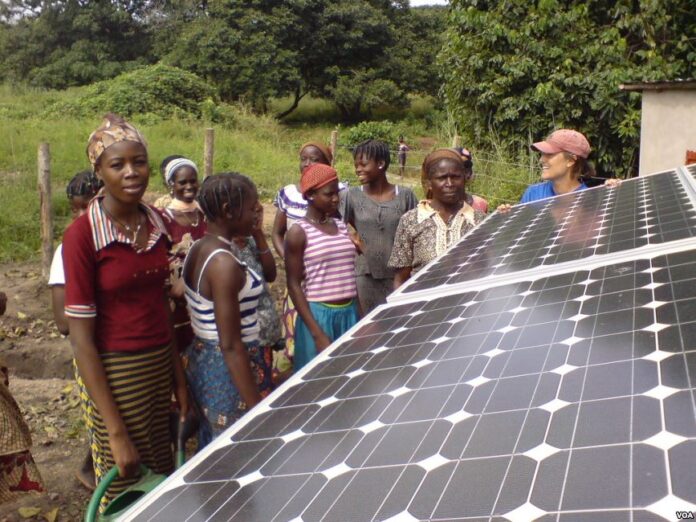The Nigeria government is planning to install 7.2 GW of renewable energy in the country, reports CSP World.
This decision is part of a strategy to escalate renewable energy target of Nigeria up to 40 GW by 2020.
On successful commissioning of the plant, Nigeria could reach an 18 percent share of renewable energy sources, including large hydro, solar and wind.
The plan has been launched by the Nigerian Electricity Regulatory Commission (NERC), presented at the Nigeria Photovoltaic Energy Conference (Solarcon 2014) in Lagos.
According to NERC, the country has a large solar energy potential which is not being significantly exploited.
Access to electricity in the rural area will reduce the rural-urban drift and enhance the development of the rural economy. Grid supplies are usually the cheapest option in areas with high load densities, as well as in areas near the grid. However, a number of challenges militate against grid-connected solar-energy- sources electricity supply, states NERC officials.
Solar PV power comes in relatively small size, and is best connected to low voltage lines whereas Nigeria Bulk Electricity Trader buys power only at transmission voltage, says the statement.
It is expensive to connect small, isolated villages to a grid due to the high costs or transmission lines, poles and transformers, according to the statement.
The plan aims effective harnessing of solar energy resources, integrating them with other energy resources, and promoting solar energy conversion technology uses like photovoltaic and concentrated solar panels for power generation uses.
NERC will ensure a feed-in tariff; guaranteed market before the grid connection with a simplified licensing as well as permit process; concessionary tariff rates and simplified land acquisition or site access for gaining solar incentives.
Besides, some tax and import duty exemptions alongside with investment tax credits would help deploy the planned renewable energy facilities.
Sabeena Wahid
editor@greentechlead.com


